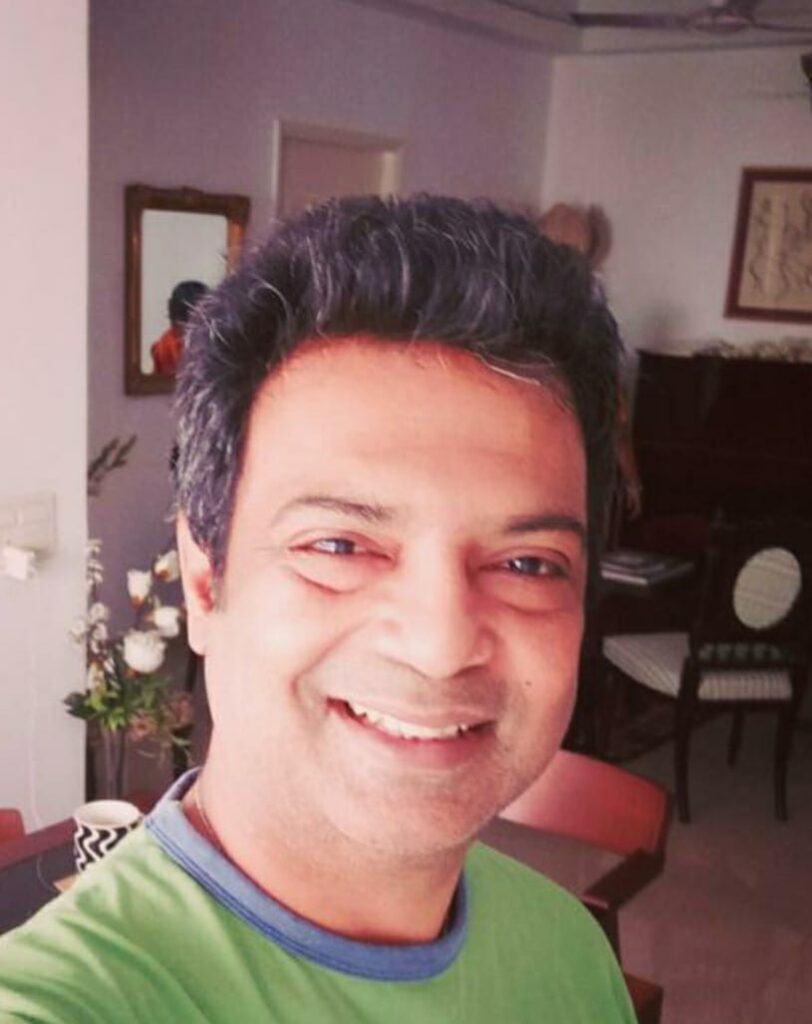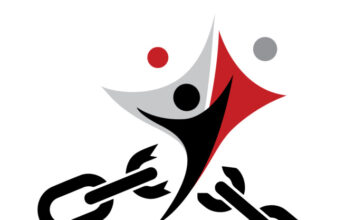On this Human Rights Day on Thursday, we got activist Roop Sen to share his views on the challenges he faces while working with survivors of human trafficking.

The nationwide lockdown from March triggered one set of challenges – of people without ration cards, Aadhaar or bank accounts not getting rations or cash transfers. Survivors of human trafficking are high amongst this group since they often lose their identities in the process of being trafficked or even after being rescued. For example – survivors of trafficking in Bengal, who were rescued from Delhi, Maharashtra or Goa, reported that no one had provided them with any identity papers when they had been rescued from trafficked situations, put into shelter homes for years and repatriated back home. Vimukthi, a sex workers’ group in Andhra Pradesh has been pleading for the attention of the state government for rations and welfare services and it took the AP SACS weeks and months to enumerate and verify identities, until the Supreme Court of India ordered the State to ensure accessibility to food for sex workers without prejudice.
Saans, a group of survivors of labour trafficking in the brick kiln sector from Chhattisgarh reported the distress suffered when captive labour in the kilns were left to fend for themselves post lockdown and they received little or no support in returning back home. Children from Bihar trafficked to Rajasthan were found to be held captive by their employers which triggered Kailash Satyarthi to suggest ‘relaxing of child labour laws’ and grant impunity to these employers for these children to be released from captivity. Meanwhile, the lockdown phase also led to identification and rescue of children and adolescents from Bihar, Gujarat, Rajasthan and Bengal, through ingenuous sting operations and intel-mining by non profits such as Mission Rescue Operation and Mission Mukti Foundation, startups that specialise in investigations on trafficking. In the midst of lockdowns, quarantines, stranded migrants, inactive Child Welfare Committees and Anti Human Trafficking Units, the police and NGOs managed to return survivors to their families – but any services to address the panic, fear, trauma and distress of survivors has been a foregone conclusion.
The mental health sector’s response to the criticality of survivors of trafficking being a key group to receive recovery services has always been poor. This has been for several reasons:
- Activists and NGOs working on mental health have naturally and obviously prioritized working with populations in residential institutions and their suffering in poor institutional care, their exclusion and stigma by their families and the State. Many of them have also taken up working with the homeless mentally ill, who live on the streets in absolute distress. However, communities such as trafficked people, drug users and trans-people who are particularly vulnerable to psychological distress have been peripheral in dialogue spaces or policy engagement processes.
- The term ‘psychosocial counselling’ and ‘psychosocial counsellors’ are commonly used by NGOs, by governments in policies when it comes to recovery of survivors of human trafficking, a term that is loosely understood. This happened in the late 90s, when activists believed that not all survivors of trafficking are clinically depressed, or ill and may not require clinical services. Recovery was understood to be a set of services that would help a trafficked person, often an adolescent or young adult, find safe spaces in shelter homes, be offered group counselling or individual counselling where they could be helped to assimilate what they have been through and emerge resilient and work for their rehabilitation. If the person showed any clinical symptoms – such as violence, self-harm, suicide attempts, then the person could be taken to a psychiatrist for medication. So, mental health assessment was largely done only through observation by people not trained to do so (activists, CWC chairpersons, judges, or magistrates) – and the understanding of trauma was largely associated with violence and withdrawal. In the last 3 decades, this understanding has not been challenged despite clinical research showing that survivors of human trafficking suffer dysthymia (a condition of chronic depression and anxiety disorders) even after having gone through rehabilitation services in shelter homes (Bringing It All Back Home, Dasgupta and Sen, 2014). Even today, survivors of trafficking are not tested for PTSD to check trauma symptoms and use that to decide the need for therapeutic and recovery services. The approach of NGOs hiring social work graduates, or people who have done diploma courses on basic counselling expecting them to be able to respond to PTSD suffered by people with histories of sexual violence, physical torture, confinement and multiple betrayals in their childhood and adolescence is a severe over-expectation. While many of these NGOs may even be aware of this and speak about their limitations of salary, or recruitment of people with training, the alternative of helping survivors access therapy from senior and established therapists has not emerged because these shelters are run on a closed door policy, where survivors are incarcerated and NGOs held responsible to keep them in custody. So, any external mobility requires permission and severely disapproved by the judiciary or CWCs, bodies which have very little orientation on the implications of incarceration on mental health of survivors of trafficking.
India suffers a shortage of mental health professionals including psychiatrists, psychologists, and therapists. This is the reason by the District Mental Health Programme, a national policy, talks about several community based mental health approaches that should help strengthen address mental health issues such as awareness building, de-stigmatisation of mental illness and people suffering from mental illnesses and involving existing community based bodies from SHGs, rural NGOs, Panchayats, clubs to build their capacities. The potential of a community based mental health intervention has been best exemplified by an online support group for survivors of trafficking to deal with lockdown-triggered PTSD, reported by Forbes on June 17th, (Covid 19 Warriors, Social Activist and Psychologist Helping Victims of Trafficking even in Lockdown). However, such innovations can be overlooked and downplayed by the more prevailing belief that survivors of trafficking are best served by shelter homes and lack of shelter homes has led to increased trauma for survivors of trafficking. This overlooks the fact that survivors have been reporting distress of incarceration for years on end through this shelter-based rehabilitation model. This dichotomy reeks of the prejudice that even dominates the belief that people suffering from severe mental illnesses are best served by residential institutions.
Roop is a researcher, facilitator, and an activist, who works on issues of gender-based violence and personal growth. He is a certified coach and a practitioner of behavioral sciences, and works with individuals, groups and organizations for growth and development.
